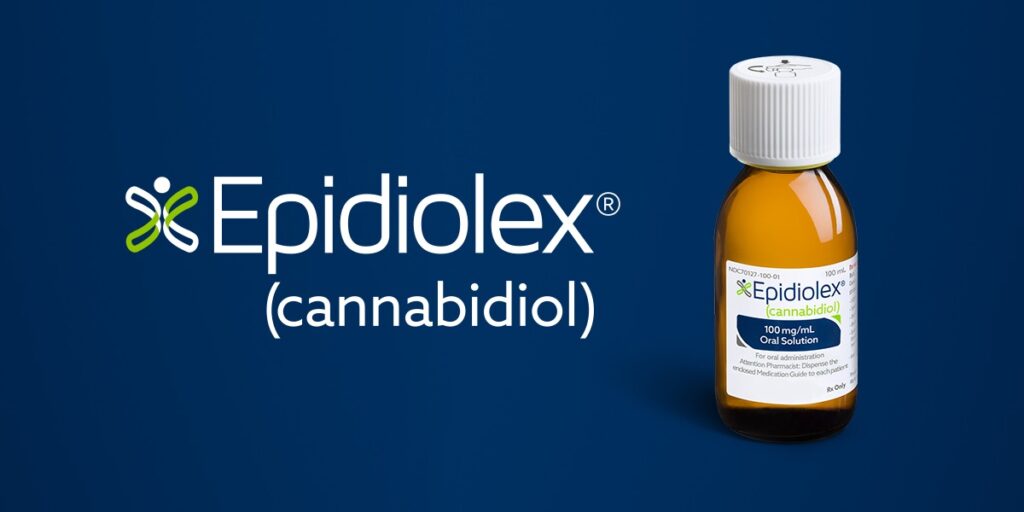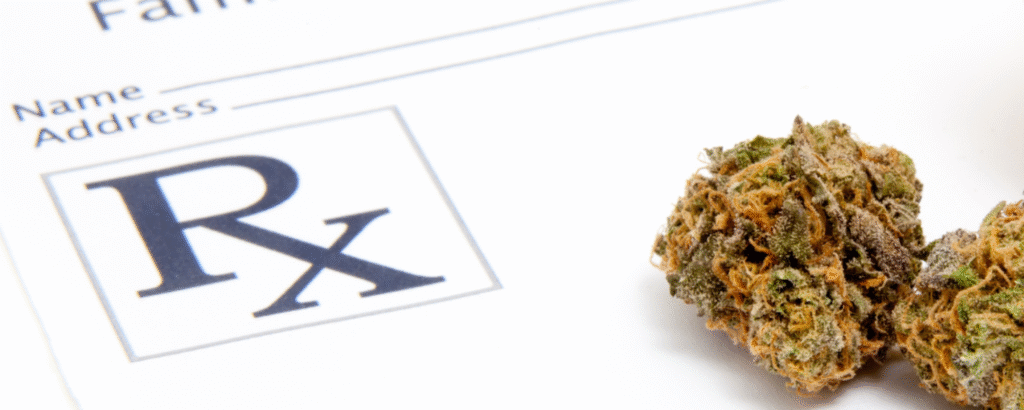New York Senator Jeremy Cooney (D) introduced legislation today that would give distributors of cannabis products more time to file their tax returns.
Assigned to the Senate Investigations and Government Operations Committee, Senate Bill 8091 would revise a provision in section 495 of the state’s tax law that currently requires returns to be filed by the 20th day of the month following the end of each quarter. If the bill becomes law, distributors would instead have until the 15th day after the end of the quarter—giving them approximately 25 to 30 more days to file.
The quarterly periods in question end on the last day of February, May, August and November. Under the proposed change, licensees would continue filing electronically and be required to report total tax owed, along with any other information the commissioner requests.
Continue reading














